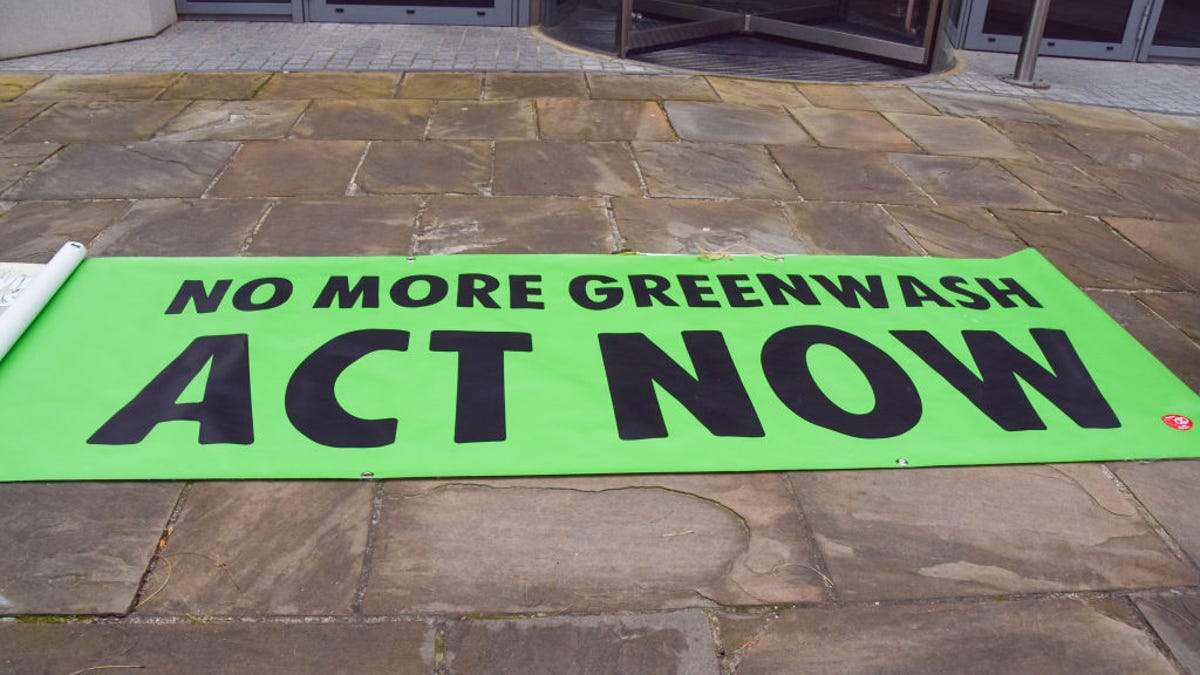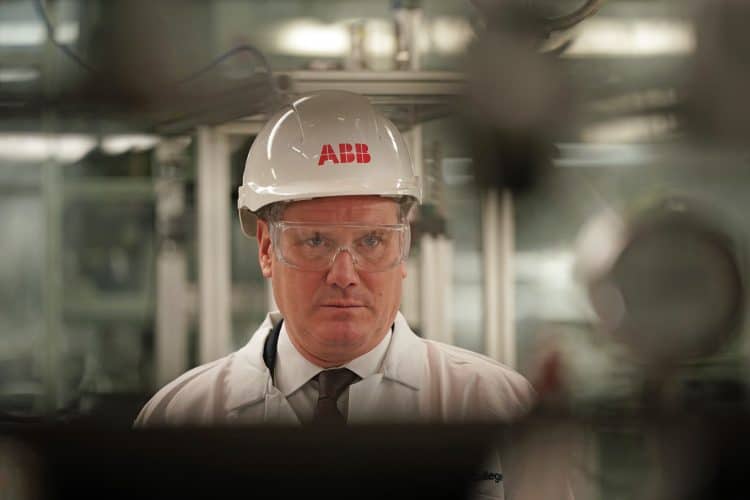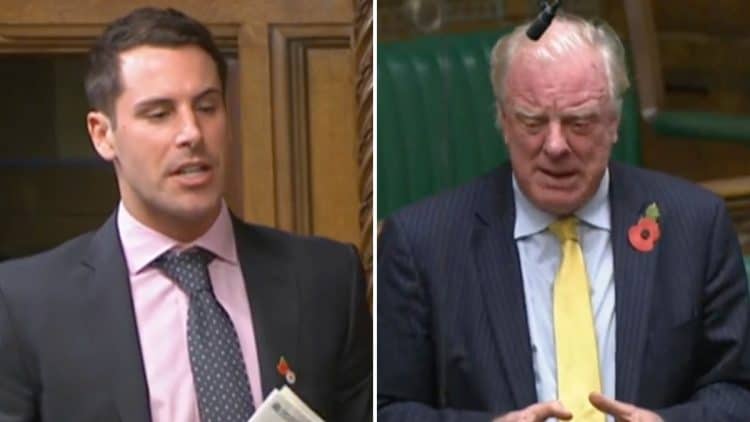Its recommendations call for greater scrutiny of net zero claims.
Katie Collins
Nov. 8, 2022

Fudging net zero claims is a common greenwashing tactic.
Vuk Valcic/SOPA Images/LightRocket via Getty Images
This story is part of Choosing Earth, a series that chronicles the impact of climate change and explores what's being done about the problem.
In a win for the environment and anyone who doesn't like to be taken for a ride by false sustainability claims, the UN is cracking down on greenwashing. In a report issued Tuesday at the COP27 climate summit in Egypt, the organization laid out recommendations for how companies, financial institutions and cities must calculate their net zero status -- that is, how close they actually are to eliminating their greenhouse gas emissions.
Fudging net zero claims is a favored greenwashing strategy among companies. They will say they're carbon-free thanks to strategies including buying carbon credits, while simultaneously pursuing new fossil fuel projects and continuing to emit greenhouse gases. It makes them look like they're living up to their environmental responsibilities, while, in the words of UN Secretary General António Guterres, they're actually taking advantage of "loopholes wide enough to drive a diesel truck through."
But no more. The UN's report aims to close the loopholes by laying out 10 steps to bring integrity, transparency and accountability to net zero claims. They should help everyone better understand the true extent of the climate efforts being undertaken by companies, especially those claiming to be sustainability leaders.
"Using bogus 'net zero' pledges to cover up massive fossil fuel expansion is reprehensible," Guterres said Tuesday at COP27. "It is rank deception. This toxic coverup could push our world over the climate cliff. The sham must end."
In its report, which was drawn up over the past seven months by a panel of independent experts, the UN stipulated that companies can't claim to be net zero if they are not in line with targets set out by the agency's Intergovernmental Panel on Climate Change. These include cutting global emissions by 45% by 2030. The use of carbon offsets will not be allowed in the short term, and only sparingly in the long term.
"This is about cutting emissions, not corners," said Catherine McKenna, chair of the UN expert group that assembled the report. "Our road map provides clear standards and criteria that must be followed when developing net zero commitments. Right now, the planet cannot afford delays, excuses or more greenwashing."
Companies must also present plans to transition to renewable energy alongside their emissions targets, which are to include details about how they will support workers currently in the fossil fuel industry. They will be duty-bound to publicly advocate for climate action and won't be allowed to fund lobbying for fossil fuels.
All existing voluntary net zero pledges must be revised by the first half of 2023 to fit in with the new requirements, Gutteres said. The report also recommended a move away from voluntary pledges and toward more regulation.
The report demonstrates the need for enforceable measures to prevent greenwashing, said Hana Heikenen, senior attorney at the Center for International Environmental Law in a statement. "Avoiding overshoot of 1.5 degrees Celsius requires deep emissions cuts now, and leaves no room for reliance on fossil fuel prolonging carbon capture and storage or other technofixes, which only delay needed climate action," she said.
By Gloria Dickie and Simon Jessop - Yesterday

COP27 climate summit in Egypt© Thomson Reuters
SHARM EL-SHEIKH, Egypt (Reuters) -Promises by companies, banks and cities to achieve net-zero emissions often amount to little more than greenwashing, U.N. experts said in a report on Tuesday as they set out proposed new standards to harden net-zero claims.
The report, released at the COP27 climate conference in Egypt, is intended to draw a "red line" around false claims of progress in the fight against global warming that can confuse consumers, investors and policy makers.
At last year's climate negotiations in Glasgow, U.N. Secretary-General Antonio Guterres appointed 17 experts to review the integrity of non-state net-zero commitments amid concerns about "a surplus of confusion and deficit of credibility" around corporate climate claims.
"Too many of these net-zero pledges are little more than empty slogans and hype", group chair and Canada's former environment minister, Catherine McKenna, said during a news conference launching the report.
"Bogus net-zero claims drive up the cost that ultimately everyone will pay," she said.
Regulators across the world are starting to set tougher rules around what activities can be deemed environmentally friendly, yet progress is patchy and campaigners and activists are increasingly turning to the courts to challenge weak claims.
On Tuesday, an official at Australia's corporate watchdog said it was investigating several companies over greenwashing, in which a company or group makes exaggerated claims over the environmental impact of their products or practices.
Last month, meanwhile, Britain's financial watchdog proposed new rules from 2024 for funds and their managers to prevent consumers being misled about their climate credentials.
An estimated 80% of global emissions are now covered by pledges that commit to reaching net-zero emissions.
The report set out a list of recommendations that companies and other non-state actors should follow to ensure their claims are credible. For example, a company cannot claim to be net-zero if it continues to build or invest in new fossil fuel infrastructure or deforestation.
The report also dismisses the use of cheap carbon credits to offset continued emissions as a viable net-zero strategy, and recommends companies, financial institutions, cities and regions focus on outright emissions and not carbon intensity - a measure of how much carbon is emitted per unit of output.
The report was "potentially very significant, depending on the traction it gets", said Eric Christian Pedersen, head of responsible investments at Nordea Asset Management.
"If this report becomes a legal standard against which one can measure if a net-zero commitment is bona fide or not, then it... can provide ammunition for the lawsuits and regulatory action which are sorely needed to make the absence of climate action more expensive at the individual company level."
The report "gives companies, investors, cities, regions - and by implication, countries - a clear statement of what 'good' looks like", said Thomas Hale, a global public policy researcher at Oxford University and co-leader of the Net Zero Tracker project which measures the effectiveness of such pledges.
"We need to be clear that most net-zero targets are not on track," he told Reuters, noting the tracker found that only half of companies with pledges have robust plans.
Teresa Anderson, global lead for climate justice at poverty-eradication non-profit ActionAid International, said corporations had "long hidden behind net-zero announcements and carbon offsetting initiatives, with very little intention of really doing the hard work of transforming and cutting emissions."
"These recommendations will aim to keep them in line and close any loopholes."
Read more:
COP27 Polluters must pay for climate change, poor nations tell rich
ANALYSIS-COP 27- Big finance's hopes fade in climate of war
EXPLAINER-COP27 What's on the U.N. climate talks agenda
(Reporting by Gloria Dickie and Simon Jessop; editing by Richard Valdmanis, Ed Osmond and Lisa Shumaker)









